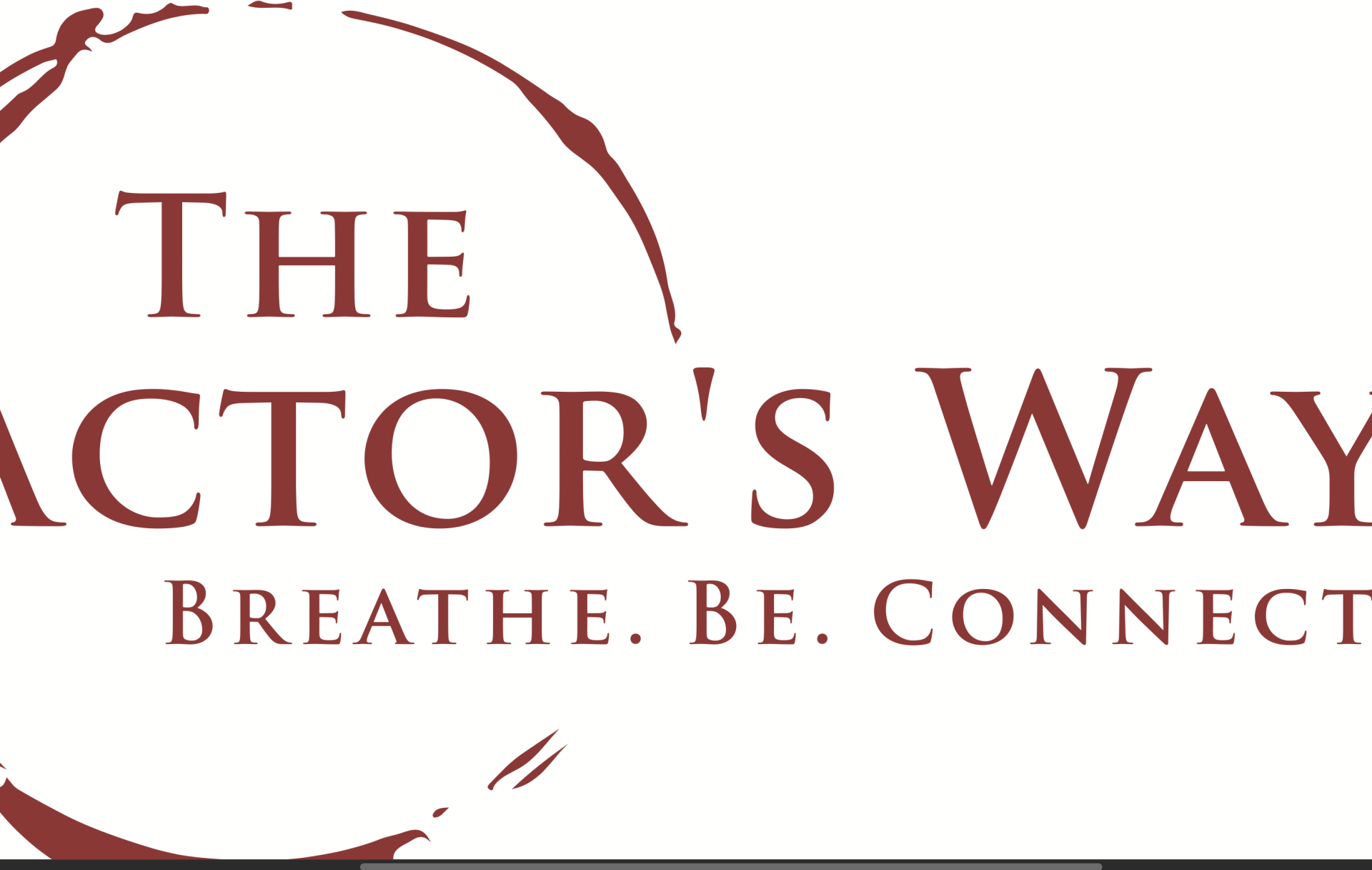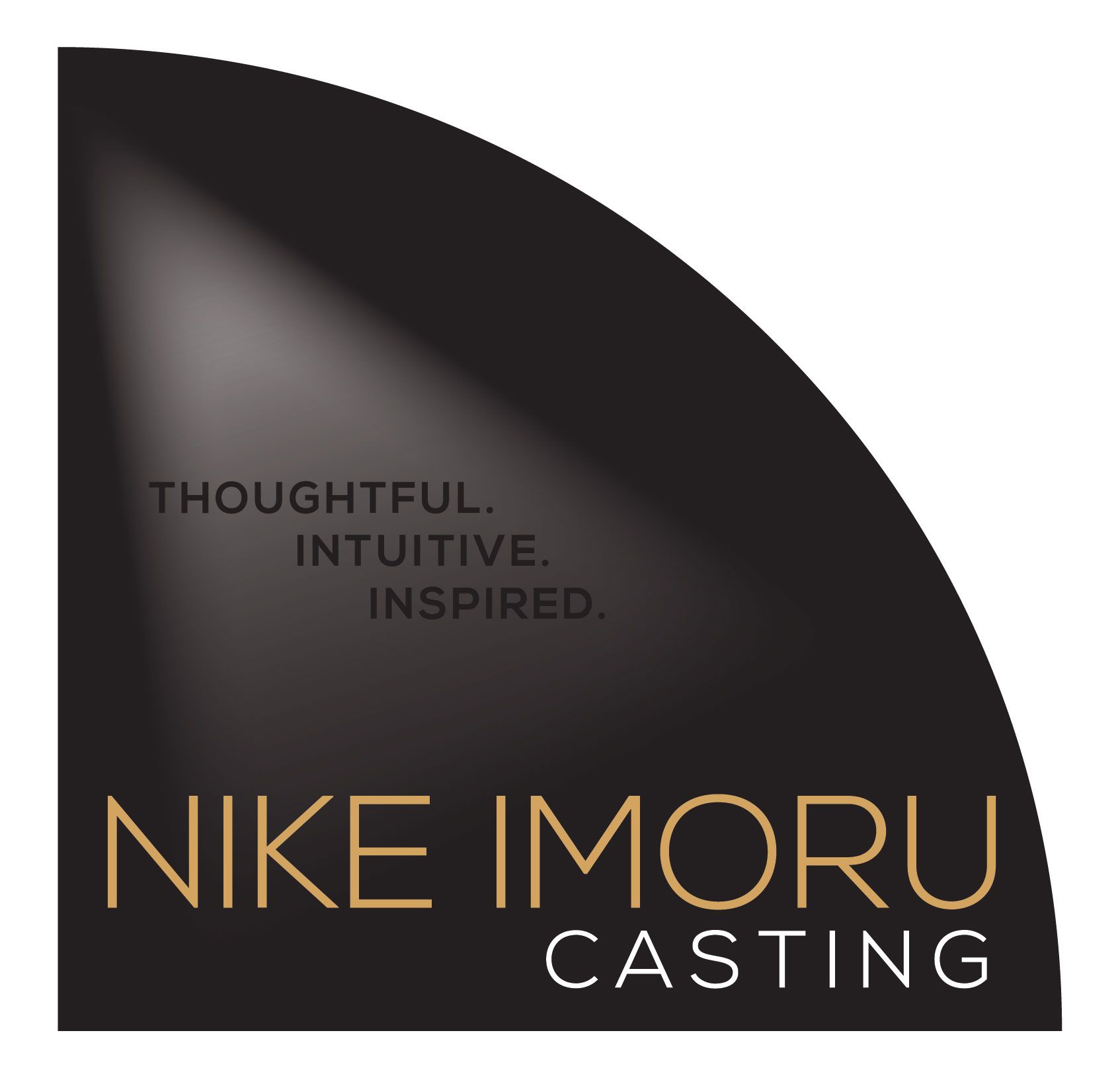For those of us have been teaching acting for while, it is oddly reassuring to know that somethings never change, at least in terms of screen acting.
How we teach might change, even how we language the process definitely changes; but what we teach in terms of the skill-set required, doesn't alter that much. In this weeks offering Tony Barr’s 1997 classic book, Acting for The Camera, is still on point in so many aspects of the craft. It has been my solid go-to reference book for actors for over a decade. Although we have shifted from photographing with film to digital and doubtless soon AI, (which can make the book sound a little dated in terms of some of the technical aspects), this book is still gem.
In his chapter entitled, The Star, he talks about what makes a star actor? And then he re-frames the question. I will leave you to read his re-framing. I thought the reframe was reassuring and I noted some important cross-overs with The Actor's Way and the that work we do during our in-person classes.
Barr talks about: the qualities of a good actor, the ability to find a way to solve a problem. In TAW we relate this to “being” and the solution-driven actor.
Barr discusses vulnerability, and being human for the audience. In TAW we also refer to being vulnerable along with the effect of mirror neurons. What you feel/experience is exactly what the audience will feel and experience emotional.
Barr sees value in actors laying bare their emotions for the camera; in TAW we talk about softening the guarded, 'dropping our weapons' and being available to your emotions and the emotions of your scene partner.
He talks about authority with acting choices. In TAW we talk about making clear choices and committing to them; connecting internally and externally with your environment
He refers to the actor's instrument. In TAW we talk about being instrumental in your story-telling process.
Very simply Barr encourages examining yourself. This was before social media, selfies and tik-tok! In TAW advanced we do mirror work and engage in personal development for the actor. When we can't (or won't) know self-love, self-acceptance, self-respect along with boundaries, then we can’t fully know the full spectrum of ourselves, sun and shadow, anima and animus. This then limits pour capacity to know the full spectrum of the character and the role.
And finally that sticking point for so many actors (and for others not...) he talks about type, typecasting and how to come to a deeper knowing and appreciation of the roles that you are best suited to. In TAW I ask: “what role would and cast you and why": ie: what is the lived experience that you embody that allows to step into this role and risk all in your advocacy for the charcter?
How we teach might change, even how we language the process definitely changes; but what we teach in terms of the skill-set required, doesn't alter that much. In this weeks offering Tony Barr’s 1997 classic book, Acting for The Camera, is still on point in so many aspects of the craft. It has been my solid go-to reference book for actors for over a decade. Although we have shifted from photographing with film to digital and doubtless soon AI, (which can make the book sound a little dated in terms of some of the technical aspects), this book is still gem.
In his chapter entitled, The Star, he talks about what makes a star actor? And then he re-frames the question. I will leave you to read his re-framing. I thought the reframe was reassuring and I noted some important cross-overs with The Actor's Way and the that work we do during our in-person classes.
Barr talks about: the qualities of a good actor, the ability to find a way to solve a problem. In TAW we relate this to “being” and the solution-driven actor.
Barr discusses vulnerability, and being human for the audience. In TAW we also refer to being vulnerable along with the effect of mirror neurons. What you feel/experience is exactly what the audience will feel and experience emotional.
Barr sees value in actors laying bare their emotions for the camera; in TAW we talk about softening the guarded, 'dropping our weapons' and being available to your emotions and the emotions of your scene partner.
He talks about authority with acting choices. In TAW we talk about making clear choices and committing to them; connecting internally and externally with your environment
He refers to the actor's instrument. In TAW we talk about being instrumental in your story-telling process.
Very simply Barr encourages examining yourself. This was before social media, selfies and tik-tok! In TAW advanced we do mirror work and engage in personal development for the actor. When we can't (or won't) know self-love, self-acceptance, self-respect along with boundaries, then we can’t fully know the full spectrum of ourselves, sun and shadow, anima and animus. This then limits pour capacity to know the full spectrum of the character and the role.
And finally that sticking point for so many actors (and for others not...) he talks about type, typecasting and how to come to a deeper knowing and appreciation of the roles that you are best suited to. In TAW I ask: “what role would and cast you and why": ie: what is the lived experience that you embody that allows to step into this role and risk all in your advocacy for the charcter?


